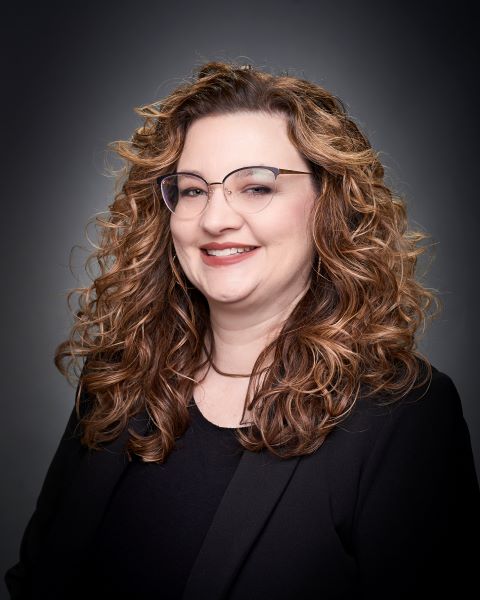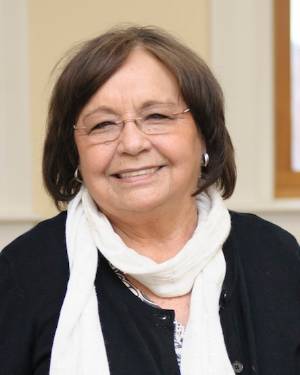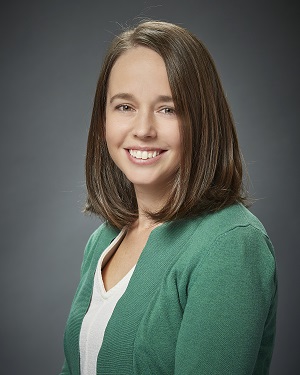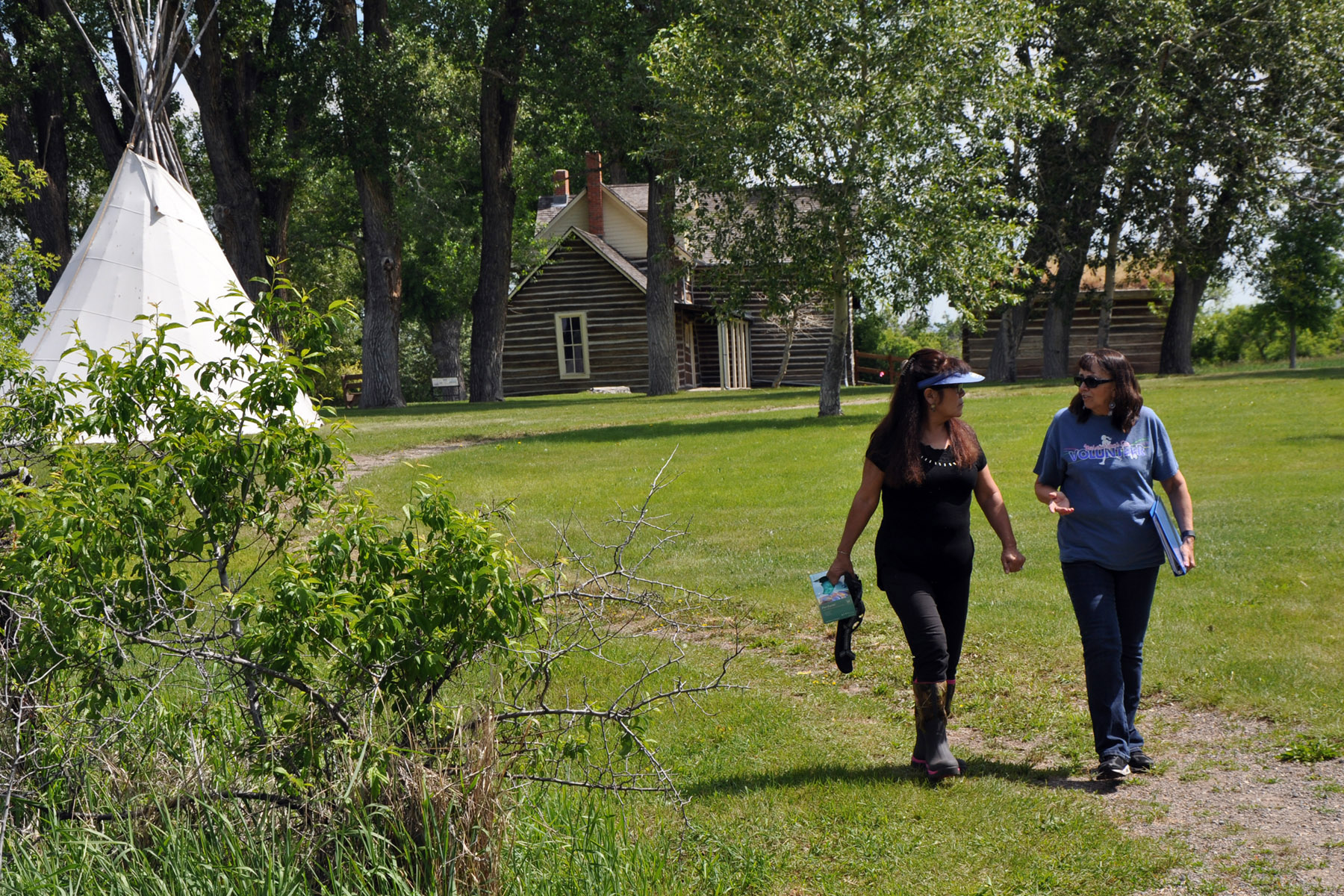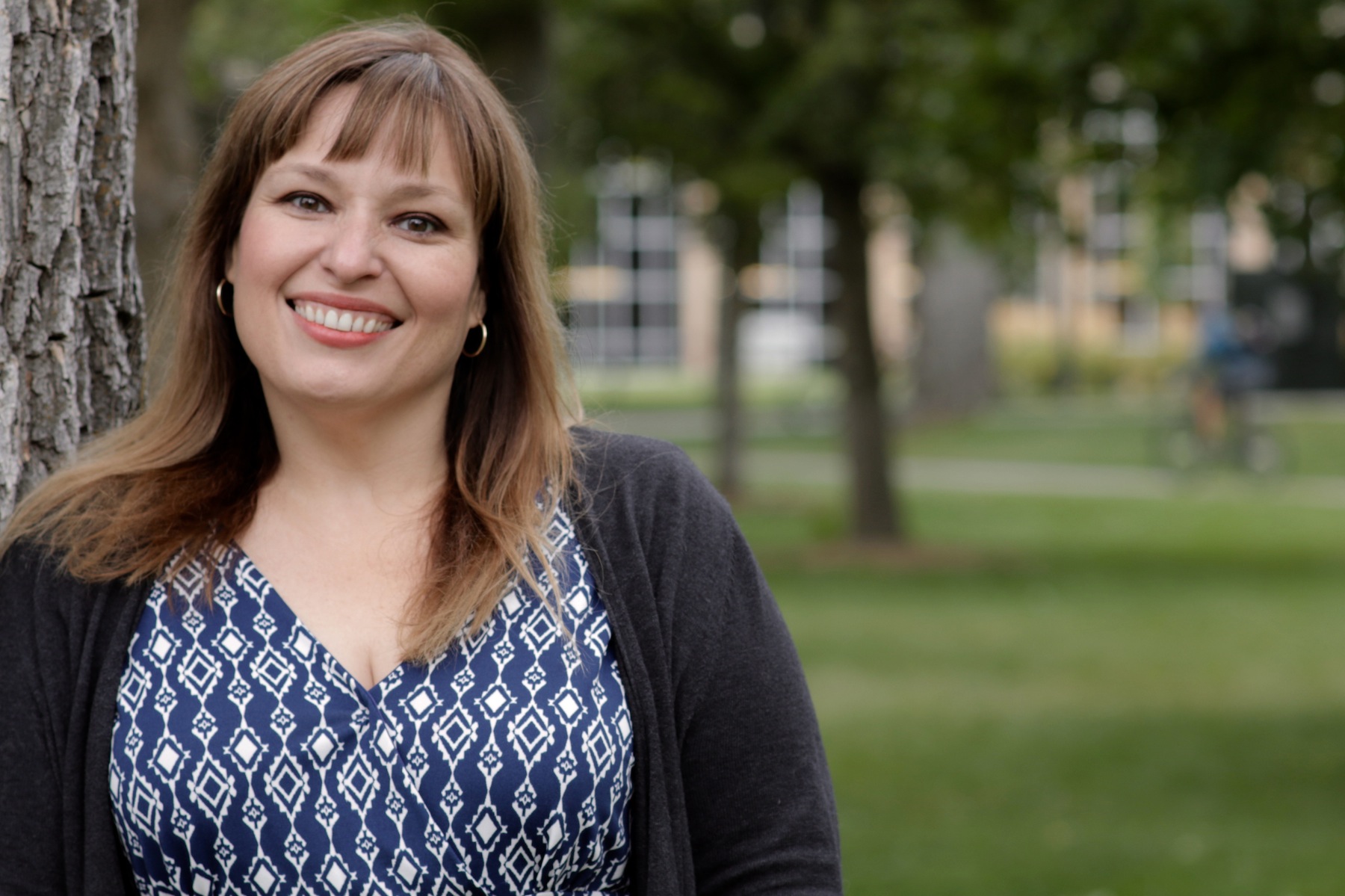Montana IDeA Community Engagement Core
Core Overview

Welcome from Community Engagement Core Director, Dr. Ann Bertagnolli
"The overall goal of the Montana INBRE Community Engagement Core is to foster and
enhance tribal and rural community partnerships to mitigate health disparities.
We believe that community members know what health concerns are most important to their communities and what strategies for addressing them may be most effective.
We are excited to help Montana-based investigators plan and execute research centered on the mutual goal of improved community health through engagement, dialogue, and collective problem solving."
Please take a moment to tour our core offerings below to learn more about our approach and resources for investigators and rural and Native communities."
Core Details
An Innovative and Collaborative Approach
Montana INBRE relies on a strong Community Engagement Core to build effective community-investigator partnerships across Montana. Originally known as the "Montana INBRE Community Engagement Core," the resource morphed into a joint collaboration with the Center for American Indian and Rural Health Equity (CAIRHE), and is now called the Montana IDeA Community Engagement Core (CEC).
Scope of Work
The CEC is a valuable resource that researchers and communities can use to improve research design, implementation and outcomes. The overall goal is to foster and enhance tribal and rural community partnerships to mitigate health disparities and enhance health equity. We aim to help investigators and their community co-investigators formulate research topics, questions and approaches in ways that acknowledge and embrace Native and rural communities as equitable partners and co-creators of the entire research continuum.
Types of Research we Assist
The CEC's approach is rooted in Community Based Participatory Research — a collaborative, often interdisciplinary endeavor that brings together community and academic perspectives as equal partners. Our team is adept at collaborating with public health professionals, medical professionals, bench or laboratory scientists, epidemiologists, community and tribal leaders, information systems experts, engineers, social scientists and behavioral health professionals, and others.
Central Activities
The CEC offers many tools for researchers to access before and during community-engaged work, including:
- CBPR trainings that explore the cultural, linguistic, and literacy needs of communities
- Project planning using CBPR principles
- Mentoring by Community Research Associates (CRAs) who have experience in community organizing and engagement and can assist with connecting investigators and communities
- Guidance and contacts for setting upCommunity Advisory Boards (CABs) that inform research projects, and consist of community members who know which health concerns are most importantand what strategies for addressing them may be most effective
- Introductions to potential partners such as tribal colleges, tribal and rural public health groups, schools, statewide health research clinics, and community civic and non-profit organizations
- Suggestions on gaining broader tribal and rural community support of research projects
- Problem solving, navigating challenges, and communicating research possibilities to communities
- Suggestions on navigating IRB, Tribal Council, and other requirements for human subjects research
- Help identifying study participants
- Useful resources, such as the Health Equity Webinar Series, and Resources of the Week listserv with news updates including information on publications, conferences, training, and funding opportunities.
- Career development advice for researchersconducting CBPR
Meet HERB!
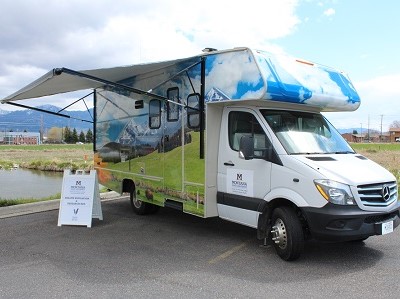
The Montana IDeA Community Engagement Core's Health Education Research Bus, or "HERB" as we affectionately call it.
Since 2019, the CEC has operated the Health Education and Research Bus (HERB), a unique mobile laboratory and outreach facility customized to bring community-based health education and research to all corners of the state. Made possible through funding from the National Institutes of Health, HERB promotes partnerships among health researchers and rural and Native communities, health organizations, and other stakeholders across Montana.
Research activities include behavioral health interviews and surveys; collection of basic health and environmental data; ultrasound scans; and more. HERB is also a place where communities can engage with investigators and find information on nutrition, cancer, obesity, depression, wellness, and other topics. HERB also can serve as a staging area for community open houses, where local citizens can tour the Lab and meet investigators before any research activity takes place.
For more information about HERB and its use, contact:
Dr. Alexandra Adams alexandra.adams2@montana.edu
When to Contact the CEC
The CEC can be most effective in its role and better enhance a project when involved early in the planning process. As research partners begin to discuss their project and its goals, Core members can help them develop Community Advisory Boards that will guide investigators and community researchers in project design, articulation of specific aims and overall goals, and dissemination of outcome information. The CEC also can provide training in CBPR to investigators and community researchers and help in the design of Memoranda of Understanding and other research documents involving data ownership and dissemination. Core staff are committed to helping research partners succeed in accomplishing their goals through sustained development of relationships and shared goals.
Core Staff
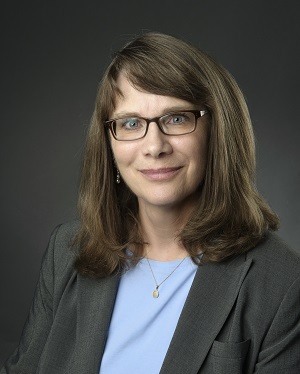
Ann Bertagnolli
Montana IDeA Community Engagement Core Director
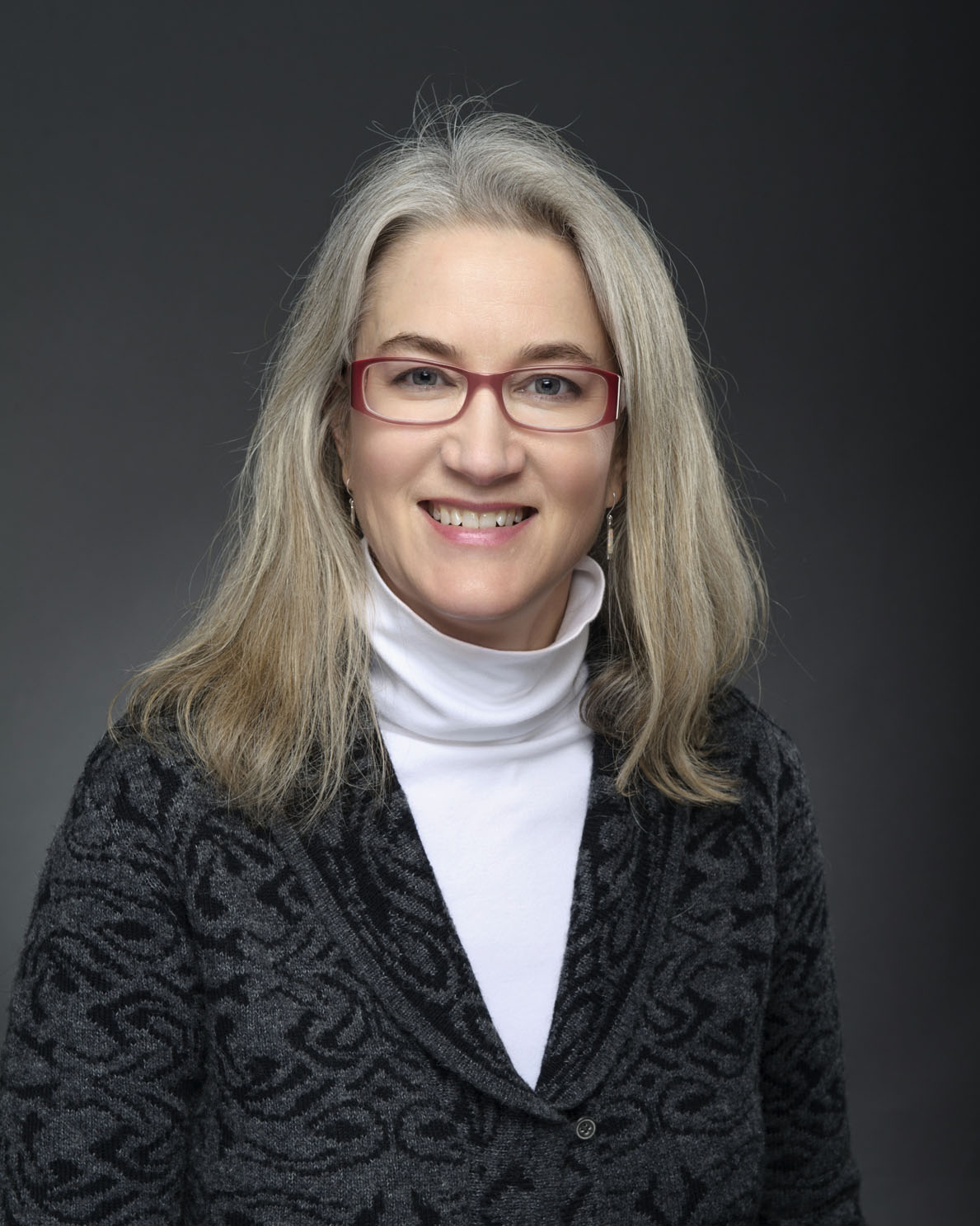
Dr. Alexandra Adams
Director, Principal Investigator for CAIRHE


